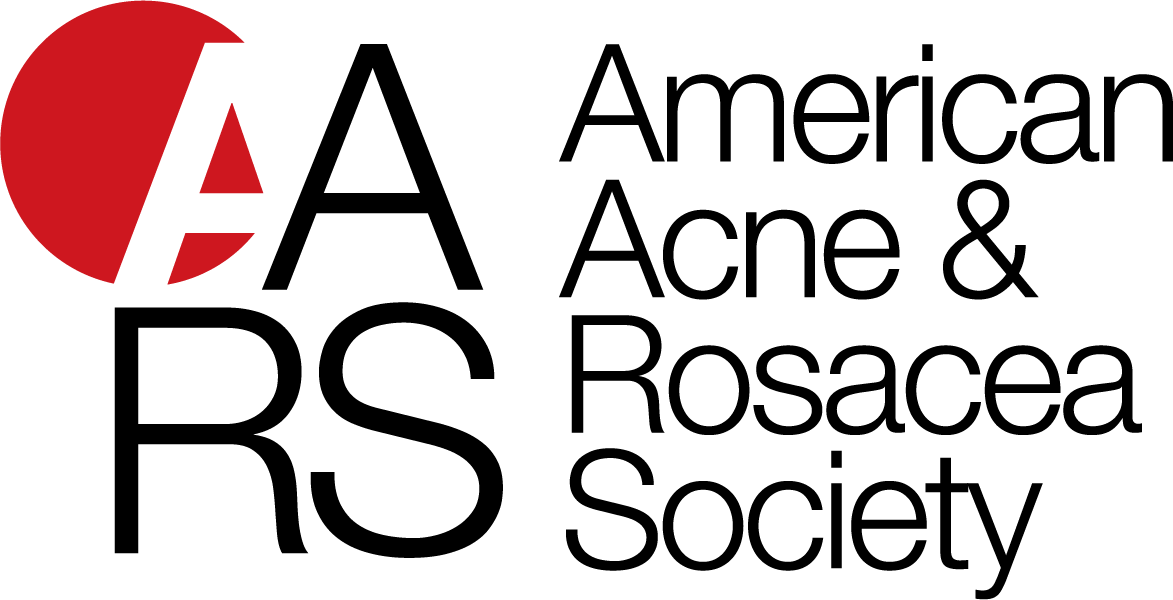Howa Yeung, MD, MSC
Emory University
Department of Dermatology
Atlanta, GA
2020 Clinical Research Grant Recipient
Designing Tailored Implementation Strategies for Systemic Antibiotic Stewardship In Acne
Abstract
Dermatologists prescribed more outpatient systemic antibiotics per provider than any other specialties in 2017. Oral antibiotics remain the most commonly prescribed systemic acne treatment. Widespread use of oral antibiotics has been associated with rising antibiotic resistance, collateral damage to normal microbiome, as well as higher risks of upper respiratory infections, inflammatory bowel disease, and cancers. Multiple acne guidelines have specified that oral antibiotics should not be used as a monotherapy; be combined with topical acne therapies; and be limited to less than 3-4 months. While the need for antibiotic stewardship in acne is widely emphasized, scant research has examined how antibiotic stewardship should be designed, disseminated, implemented, or sustained in real-world clinical practice.
The lack of evidence-based implementation strategies for antibiotic stewardship in acne represents a critical barrier to progress in translating existing acne guidelines into real-world clinical practice. Guidelines on antibiotic stewardship programs specifically recommended coupling of clinical practice guidelines with an active and disease-tailored dissemination and implementation strategy, rather than relying upon passive education. Systematic reviews of existing outpatient antibiotic stewardship programs have noted that multifaceted interventions are the most effective, but it is unclear which ones may be feasible or applicable to dermatology. Existing interventions have focused on acute infections, with limited relevance to treatment of skin conditions. Blunt changes, such as preauthorization for common antibiotics, may result in substantial provider resistance and in work arounds (e.g., antibiotic rotations). Post-prescription audit and feedback will require substantial electronic medical record and administrative support. Patient-centered interventions, such as clinical decision aids, will likely require additional clinical time. Structured facilitation of long-term non-antibiotic treatments for acne, such as hormonal therapy or isotretinoin, has not been considered. Lastly, unlike hospital-based antibiotic stewardship programs whose implementation is required by the Centers for Medicare and Medicaid Services, outpatient antibiotic stewardship has not been tied to quality measurements or payments. Therefore, implementation of antibiotic stewardship program for acne will require careful consideration of provider and patient preferences and barriers, as well as institutional context and resources.
We will apply implementation research framework to understand key preferences, facilitators, and barriers from multiple stakeholders in acne treatment to inform the design and implementation of antibiotic stewardship interventions for acne in real-world clinical settings. First, we aim to elicit key preferences, facilitators, and barriers for the implementation of antibiotic stewardship intervention in acne from key stakeholders using a mixed methods approach with concurrent semi-structured interview sand surveys. Second, informed by salient factors identified from key stakeholders, we aim to identify and tailor candidate behavioral change techniques and implementation strategies for antibiotic stewardship interventions in acne.


